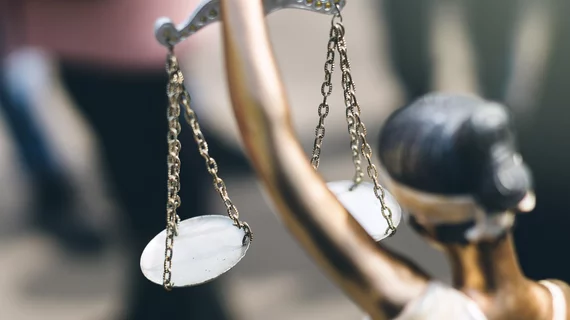Justice Department recovers $3B in false claims
The Department of Justice has recouped more than $3 billion in 2019 from settlements and judgements from false claims and fraud. Of these cases, $2.6 billion came from the healthcare industry, with cases including drug and medical device manufacturers, managed care providers, hospitals, pharmacies, hospice organizations, laboratories and physicians.
“The significant number of settlements and judgments obtained over the past year demonstrate the high priority this administration places on deterring fraud against the government and ensuring that citizens’ tax dollars are well spent,” Assistant Attorney General Hunt said in a statement. “The continued success of the department’s False Claims Act enforcement efforts are a testament to the tireless efforts of the civil servants who investigate, litigate, and try these important cases as well as to the fortitude of whistleblowers who report fraud.”
2019 marks the 10th consecutive year where the agency has achieved more than $2 billion in civil healthcare fraud settlements and judgements. The False Claims Act covers not only healthcare fraud, but also ensures integrity of other government contractors, including for military and first responders, as well as the protection of disaster relief funds and American business compliance.
In the case of healthcare, whistleblowers were a huge reason the Justice Department was able to make such headway on cases in 2019, with 633 qui tam suits during the fiscal year on which the department collected $2.1 billion, along with earlier suits.
“Whistleblowers continue to play a critical role identifying new and evolving fraud schemes that might otherwise remain undetected,” Assistant Attorney General Hunt said in the announcement. “Taxpayers have benefitted greatly from these individuals who are often required to make substantial sacrifices to bring these schemes to light.”
Some of the most extreme cases of healthcare fraud involved kickbacks, such as one scheme that led Insys Therapeutics to pay $195 million to settle civil allegations it paid nurses and physicians to prescribe Subsys to their patients. Another major case was Reckitt Benckiser Group, which paid a whopping $1.4 billion in a settlement after the company faced allegations for marketing of the opioid addiction treatment Suboxone.
Other major institutions were roped into the 2019 fraud cases as well, including Duke University, which paid out $112.5 million to settle allegations it submitted applications and progress reports with false research on federal grants to the National Institutes of Health and the Environmental Protection Agency.

